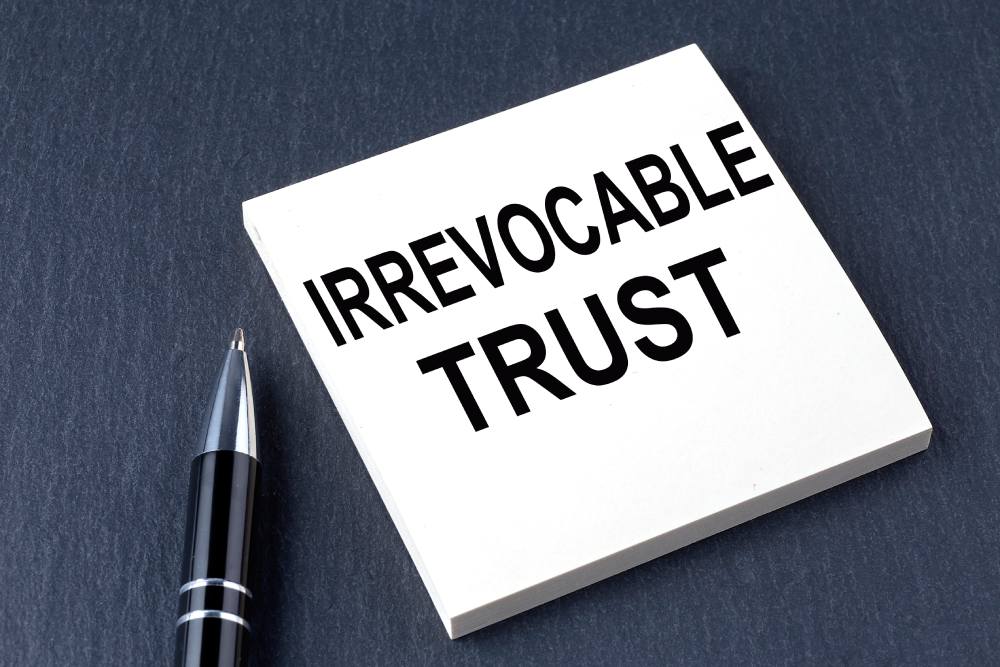Many business owners ask: Can you put a business in a trust? The answer is yes.
A trust can hold business interests much like it holds real estate or other investments. It gives structure to how a business is managed, who controls it, and how ownership passes to the next generation. For many families, this step is a key part of a strong estate plan and can support long-term goals while preserving privacy and value.
Understanding How A Business Fits Into A Trust
A trust is a legal arrangement where assets are managed by a trustee for the benefit of designated beneficiaries. When a business is placed in a trust, the ownership shares or membership interests are legally transferred to the trust.
As a result, the trust becomes the official owner, and the trustee manages the business based on the grantor’s instructions. This structure helps guarantee business continuity and reduce disruptions from ownership changes and enables seamless operations.
Since the business is held in the trust, it no longer directly belongs to the individual’s estate.
Can You Put a Business in a Trust? Types of Businesses Eligible
Various types of businesses can be transferred into a trust. Limited liability companies, partnerships, and corporations are typically eligible, as their ownership can be transferred through shares or membership interests. Different documentation, such as an assignment of interest or transfer of stock, is required depending on the business structure.
However, a sole proprietorship is treated differently. Since it is not a separate legal entity, the business itself cannot be transferred. In this case, the trust can hold the assets of the business, such as equipment, property, or accounts, but not the business entity itself.
Before proceeding, it is crucial to review the company’s operating or shareholder agreements to make sure the transfer is allowed.
Why Business Owners Use Trusts
Business owners utilize trusts for various reasons, with continuity being one of the most significant. A trust helps maintain business operations without interruption if the owner becomes incapacitated or passes away. The trustee or successor named in the trust assumes control and makes certain that the business continues to function in line with the grantor’s wishes.
Trusts also bring privacy, as they keep business ownership out of the public probate process, protecting sensitive financial information. In addition, a trust can clarify the succession plan. This makes it legally binding and reduces the potential for conflicts.
The Process Of Transferring A Business Into A Trust
Transferring a business into a trust requires detailed legal planning and documentation. The process begins with the creation of the trust document, which outlines how the business will be managed and who will benefit from it.
Next, the ownership of the business is transferred, typically through the assignment of membership interests or the issuance of shares in the name of the trust. Once the transfer is complete, the trust becomes the official legal owner of the business.
The trustee, whether an individual or institution, manages the business in accordance with the terms set by the grantor. They always act in the best interests of the beneficiaries while maintaining the company’s operations.
Common Challenges To Consider
While a trust can strengthen long-term planning, it also requires careful management. Some business agreements may limit transfers of ownership or require approval from other shareholders or partners. Not all companies allow trusts as owners, so reviewing the business’s governing documents is important before proceeding.
Another challenge is the cost. Establishing and maintaining a trust comes with legal and administrative fees. These costs rise if the business is large or has multiple partners. Additionally, improper setup can result in unforeseen tax consequences.
That is why working with experienced advisors can make a difference in achieving the desired results.
Maintaining Control And Flexibility
Some owners worry that transferring a business into a trust means losing control. However, the structure of the trust can be customized to retain decision-making power.
For instance, the grantor can act as trustee while living, maintaining day-to-day control. A successor trustee can then take over management later.
The terms of the trust can outline how profits are used, how decisions are made, and what happens if the business is sold. This flexibility allows owners to design a plan that matches their goals, protects their legacy, and supports the next generation of leaders.
Business owners often seek reliable ways to protect what they have built. Nevada Trust Company delivers experience and a personalized approach for our clients who are interested in establishing business trusts. With a focus on long-term stability, privacy, and strategic asset protection, we help clients structure trusts that support both business goals and family priorities.
For guidance on how to transfer business interests into a trust, contact us today.



